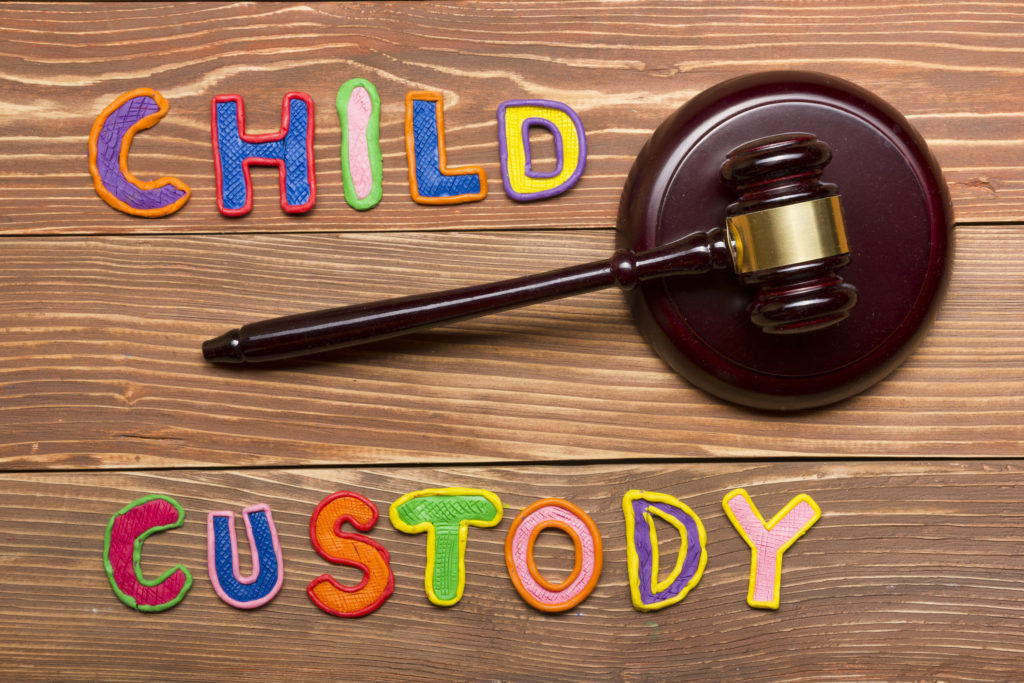
Some wonder whether a parent can have joint legal custody while incarcerated. In Oklahoma, custody arrangements aim to prioritize the best interests of the child, ensuring their welfare and stability. Here, we’ll explore the concept of joint legal custody while a parent is incarcerated in Oklahoma, including legal considerations, potential outcomes, and the steps involved in such cases.
Overview of Joint Legal Custody
Joint legal custody refers to a situation where both parents share the rights and responsibilities to make important decisions about their child’s upbringing. These decisions can include matters related to education, health care, and religious training. It is distinct from physical custody, which pertains to where the child resides and the day-to-day care they receive. It also differs from sole custody, which involves one parent being the primary caretaker and decision-maker.
Incarceration and Custody Considerations
When a parent is incarcerated, several factors come into play regarding their ability to maintain joint legal custody. Oklahoma courts primarily focus on the best interests of the child, which may impact decisions about custody arrangements.
Legal Framework and Best Interests of the Child
Oklahoma courts evaluate custody arrangements based on the child’s best interests, considering various factors such as:
- The child’s emotional and psychological needs.
- The stability of each parent’s living environment.
- The parent’s ability to meet the child’s needs.
- The quality of the parent-child relationship.
Incarceration does not automatically disqualify a parent from having joint legal custody, but it complicates the determination. The court assesses whether the incarcerated parent can still fulfill their responsibilities and participate meaningfully in decision-making regarding the child’s welfare.
Impact of Incarceration on Joint Legal Custody
While incarceration does not automatically prevent a parent from having joint legal custody, it can influence the court’s decision. Factors the court may consider include:
- Duration of Incarceration: The length of the parent’s incarceration can affect their ability to engage in decision-making. Long-term or indefinite incarceration may reduce the practicality of joint legal custody.
- Nature of the Crime: The nature of the crime and the parent’s conduct while incarcerated can impact the court’s view. A parent convicted of violent or drug-related offenses may face greater scrutiny.
- Communication and Involvement: Courts look at the parent’s ability to maintain communication with the child and participate in decision-making. For instance, if an incarcerated parent can still effectively communicate with their child and the other parent through letters, phone calls, or virtual meetings, this may support their role in joint legal custody.
Modifying Custody Arrangements
If a parent is incarcerated, custody arrangements can be modified to reflect changes in circumstances. A parent seeking to retain or regain joint legal custody may need to:
- File a Motion: The incarcerated parent or their legal representative can file a motion with the court requesting a modification of the custody arrangement. This motion should outline the reasons for the request and provide evidence supporting the parent’s continued involvement in decision-making.
- Demonstrate Continued Involvement: The parent must demonstrate that despite their incarceration, they remain committed to their child’s welfare and are capable of making significant decisions. This may include providing evidence of their efforts to stay involved through correspondence or other means.
- Attend Hearings: While the incarcerated parent may not be able to attend in person, they can often participate via phone or video conference. The court will consider their input along with the evidence presented by the other parent.
Incarcerated parents seeking joint legal custody should seek legal representation to navigate the complexities of family court and Oklahoma law. Attorneys experienced in family law can provide guidance on how to present a case effectively and advocate for the parent’s rights and interests.
Tulsa Child Custody Attorneys
In Oklahoma, a parent’s incarceration does not automatically preclude them from having joint legal custody of their child. The court’s primary concern is the child’s best interests, and each case is evaluated on its own merits. While incarceration presents challenges, it is possible for an incarcerated parent to retain joint legal custody if they can demonstrate their ongoing commitment to their child and their ability to participate in significant decision-making.
For parents in this situation, seeking legal advice and support is crucial. By understanding the legal framework and taking appropriate steps, incarcerated parents can work towards maintaining their parental rights and continuing to contribute to their child’s upbringing. Contact us today at Tulsa Divorce Attorneys & Associates by calling 539-302-0303 or go online to learn more.
